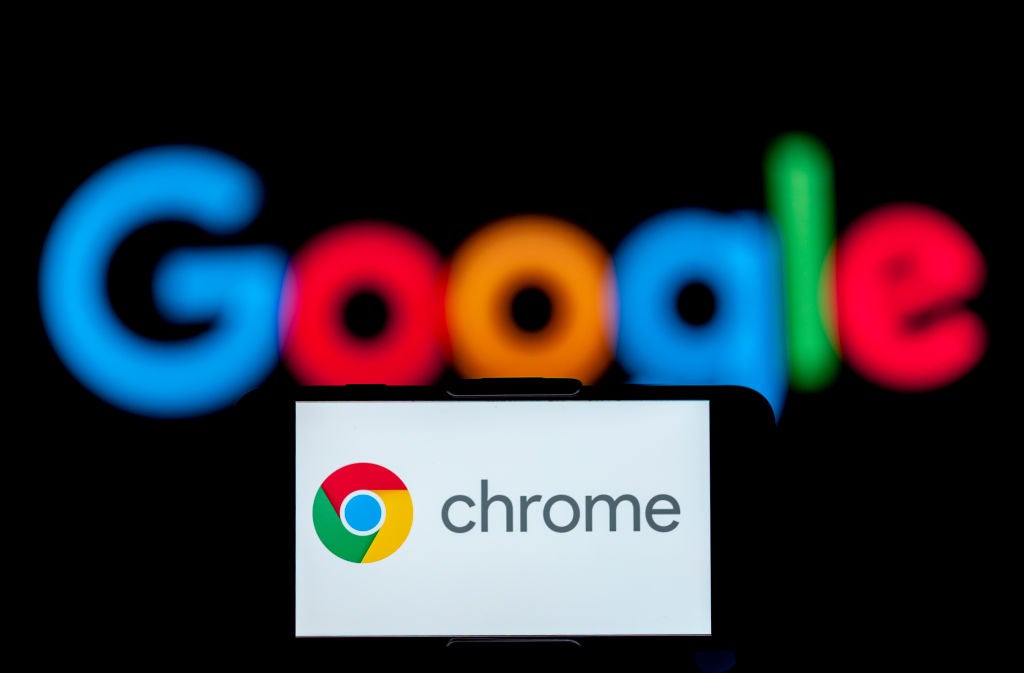Recently, the US government filed an anti-trust suit against Google. The action is nominally about the deal between Google and Apple over Apple products, particularly the iPhone. The US government contends that the deal makes it difficult for rivals to gain traction in the market, stifling competition especially because Google and Apple are the two principal players in the smartphone market.
The deal between these Silicon Valley giants is long-standing and lucrative for both. Attention from Washington isn’t surprising; there have been mutterings there about tackling the power of Silicon Valley for some time. However, Washington is able to stomach anti-competitive behavior in many other industries, from mobile phones, home broadband, even in entertainment. So why is Google now under the microscope?
Personal data – the Google gold
This is about, ultimately, the fate of the new gold, the thing that makes Google and Apple two of the largest and most successful companies in the world. That new gold is personal data.
The digital trail that a person leaves on the internet is a bountiful harvest of personal data, not only what sites are visited, but for how long, where they went, how they shop, what they read. It allows Google the ability to tailor, to a frankly creepy level, the kind of advertising that you see on the internet.
Customers have always been eager to consume free services like those offered by Google, Facebook and Twitter, mostly because they didn’t know how lopsided the relationship was and how valuable the personal data was to these internet behemoths.
Google is the largest purveyor of advertising on the internet. Powered by not only its search engine, but its smartphone operating system, Android, and its many and varied services such as Google Drive, and Google Docs. Google is the biggest and best at selling advertising because it can assure potential advertising customers that the data they collect can be used to target advertising to users who are more likely to click on an ad and buy.
How well do you really know your competitors?
Access the most comprehensive Company Profiles on the market, powered by GlobalData. Save hours of research. Gain competitive edge.

Thank you!
Your download email will arrive shortly
Not ready to buy yet? Download a free sample
We are confident about the unique quality of our Company Profiles. However, we want you to make the most beneficial decision for your business, so we offer a free sample that you can download by submitting the below form
By GlobalDataData regulation is growing
European regulators with GDPR took steps to restrict how data was used, and give customers back the rights to their own data. The state of California passed similar, if weaker regulations. There is more talk in Washington regarding privacy and its almost inevitable that the US Congress will take up the issue in the next four or five years.
However, regulating how data is collected, how data is kept, for how long, and if users have the right to ask for that data, or the right to demand the data be deleted, or even the right to not have the data collected at all, are questions to be answered.
There are also implications on the US government, would these rights apply to them and do they, sans a court order, have the right to demand data from companies such as Google?
Lastly, big chunks of the free internet such as Google search, Twitter, and Facebook are free because of advertising revenue and that revenue will decrease significantly in value if data-based targeting is no longer possible.
Privacy issues
The fight for privacy is coming and this first anti-trust suit will highlight the value of that data. Attempts to minimize the value of individual’s data, including their meta data, are laughable.
Data built Google. Data built Facebook. Data built Twitter. The relationship between users and these internet companies is unequal, with the customer having very little recourse or say in how their data is used or sold. The anti-trust actions will make it plain to the person on the street; your data is gold. Stronger privacy and regulation of personal data use is coming to the US and it’s about time.








Related Company Profiles
Apple Inc